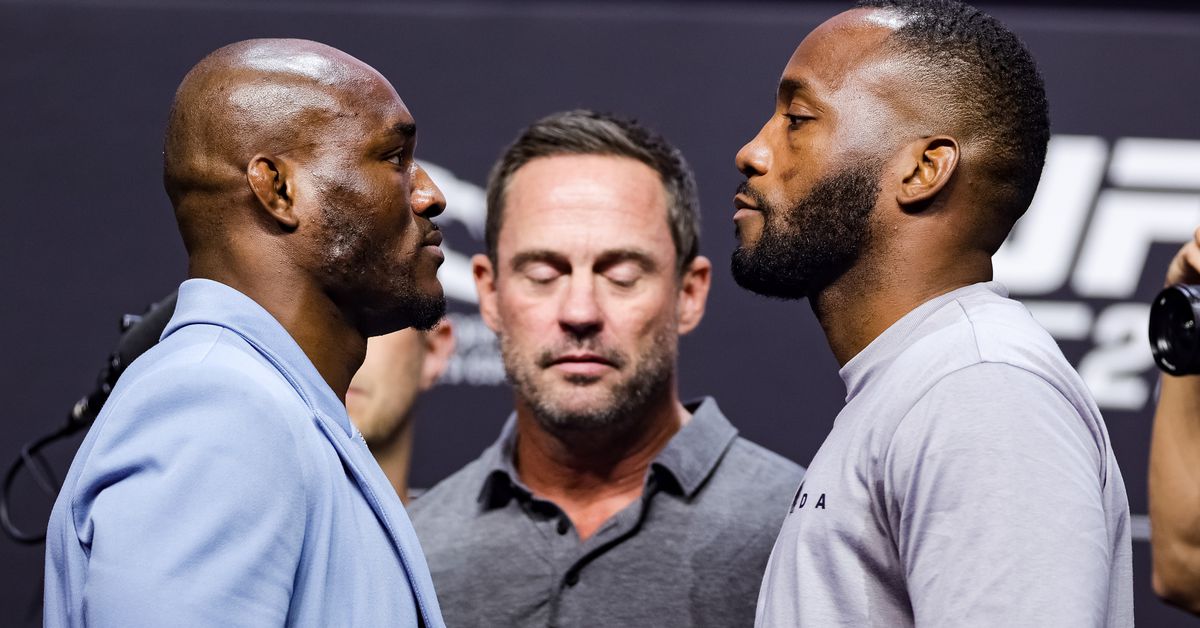[ad_1]
FanDuel CEO Amy Howe conducted a wide-ranging interview with Contessa Brewer at SBC Summit North Americas this week, outlining clearly that FanDuel will not be promoting the brand using college athletes. This comes ahead of the pivotal California betting ballot in which part of the argument against legalized online sports betting is that it encourages minors to gamble.
Howe suggested that FanDuel would be taking a “nuanced” approach to collegiate sports, suggesting that “by definition, a lot of those consumers are underage”. She suggested it would be irresponsible to have the company’s logo emblazoned on jerseys of young athletes, or all over stadiums where youngsters would be competing.
Betting on collegiate sports is often a sticking point in legislative discussions. Recent discussions in Massachusetts showed the House version of the bill outright banning wagering on collegiate sports; and this is not atypical of legislators across many states.
The California ballot in November is being dubbed as one of the biggest to date, and a large part of the opposition’s argument (to legalization) is that it can encourage youngsters to gamble. To date, PointsBet has established an official relationship with the University of Colorado, and Caesars Sportsbook with LSU – so it’s clear that the entire gambling industry is not quite on the same page when it comes to this.
March Madness, is, however, one of the most attractive betting propositions for punters and one of the most significant revenue drivers for operators. Using Illinois as an example, March 2022 saw over US$321m wagered on college sports (across tier one and two), compared to US$597m for professional sports. Although it’s not quite on-par, it’s clear the demand is there – and collegiate sports continue to attract significant interest compared to other sports that are not typically consumed in the United States.
[ad_2]




